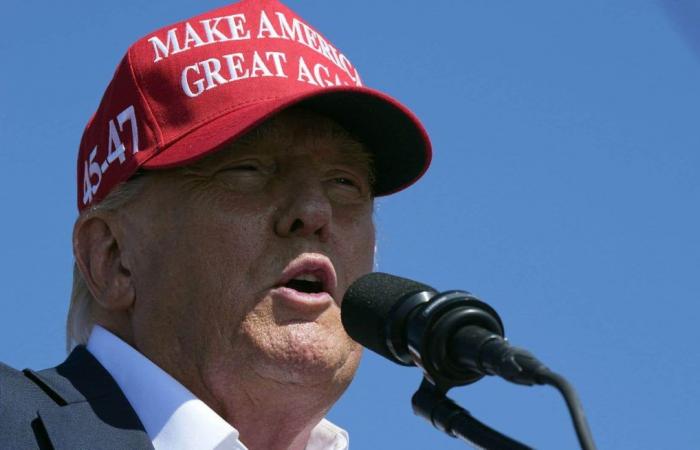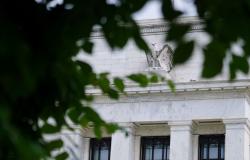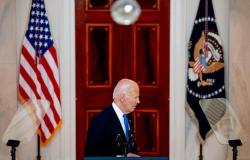The U.S. Supreme Court on Monday extended the deadline in the criminal trial against Donald Trump, who is accused of conspiring to overturn his defeat in the 2020 presidential election, effectively ending the possibility that the former president will be tried before the Nov. 5 election.
In a historic 6-3 decision, the justices ruled for the first time that former presidents enjoy absolute immunity from prosecution for their official acts and no immunity for unofficial acts. But the justices ordered lower courts to figure out precisely how to apply the ruling to Donald Trump’s case, rather than doing so themselves.
The outcome creates an additional delay before Donald Trump can be tried in the case brought by special counsel Jack Smith.
The Court’s decision in a second major case involving Donald Trump, as well as its decision rejecting efforts to exclude him from the ballot because of his actions following the 2020 election, underscores the direct and possibly be uncomfortable as the judges play in the November election.
“Under our constitutional structure of separation of powers, the nature of presidential power entitles a former president to absolute immunity from criminal prosecution for acts within his probative and exclusive constitutional authority,” the chief justice wrote John Roberts on behalf of the Court. “And he has at least presumptive immunity from prosecution for all his official acts.” There is no immunity for unofficial acts. »
Justice Roberts was joined by the five other conservative justices. The three liberal judges issued a dissenting opinion.
“Today’s decision to grant criminal immunity to former presidents reshapes the institution of the presidency. It makes a mockery of the fundamental principle of our Constitution and our system of government that no one is above the law,” Justice Sonia Sotomayor wrote in a scathing dissenting opinion.
Justice Sotomayor, who read aloud a summary of her dissent in the courtroom, said the court’s protection of presidents “is as bad as it sounds, and it is without merit.”
The judgment is the last of the session and came more than two months after the court heard arguments, much more slowly than in other epic High Court cases involving the presidency, including the court recordings case. Watergate.
The former Republican president has denied doing anything wrong and said this suit and three others were politically motivated to try to prevent him from returning to the White House.
In May, Donald Trump became the first former president to be convicted of a crime in a New York court, for falsifying business records to conceal a hush-money payment to a porn actress who claims she had sex with him, which he denies. He still faces three other charges.






